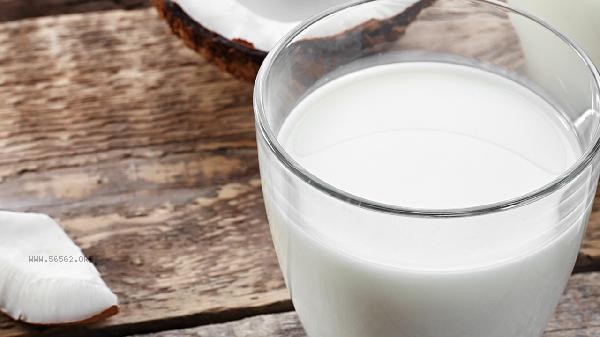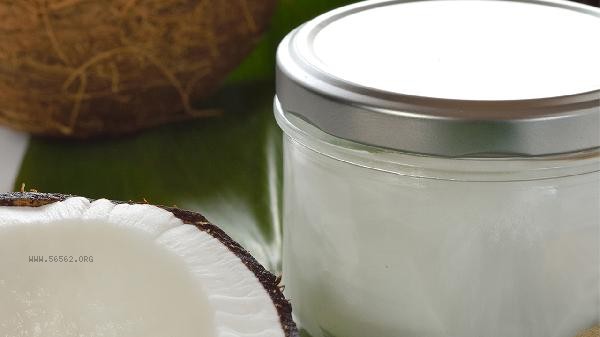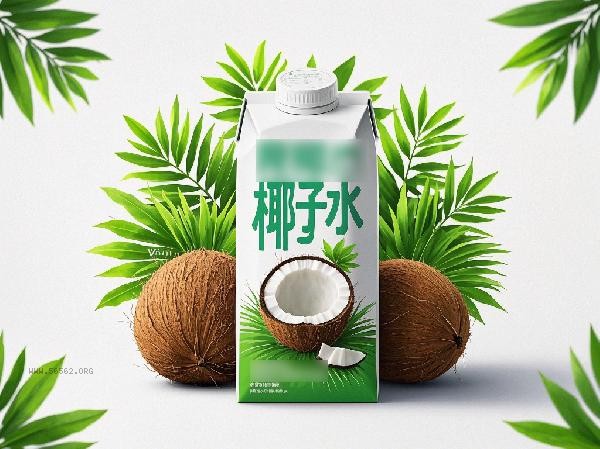Coconut juice should never be directly infused into the body. Coconut juice is a plant-based beverage that has not been sterilized and has complex ingredients. Direct infusion into blood vessels can lead to fatal risks such as hemolysis, electrolyte imbalance, and septic shock. Intravenous infusion must use sterile solutions that comply with pharmacopoeia standards, such as physiological saline, glucose injection, etc. Coconut juice contains a large amount of potassium ions and plant protein, and its osmotic pressure differs greatly from human plasma. Direct input into blood vessels can damage the structure of red blood cell membranes, triggering acute hemolytic reactions. Hemoglobin blocking renal tubules can lead to acute renal failure. The plant protein in coconut juice may trigger severe allergic reactions, and microorganisms in unsterilized liquid can directly cause sepsis. There have been cases of multiple organ failure caused by self infusion of coconut juice in clinical practice. Even after being boiled at high temperatures, coconut juice still contains uncontrollable bioactive substances whose concentration cannot accurately match the human body's needs. In emergency situations, it is necessary to use medical intravenous nutrition solution, whose composition ratio has been strictly calculated and sterilized, which can safely provide energy and electrolytes.

Any non-medical liquid input into blood vessels is a dangerous behavior that may endanger life. If you need to supplement nutrition, you should choose oral or regular intravenous infusion. If you experience symptoms of dehydration or electrolyte imbalance, seek medical attention immediately. Drinking coconut juice in daily life is safe, but it must be strictly distinguished from medical behavior. It is absolutely forbidden to attempt any form of non-standard infusion operation on one's own.











Comments (0)
Leave a Comment
No comments yet
Be the first to share your thoughts!